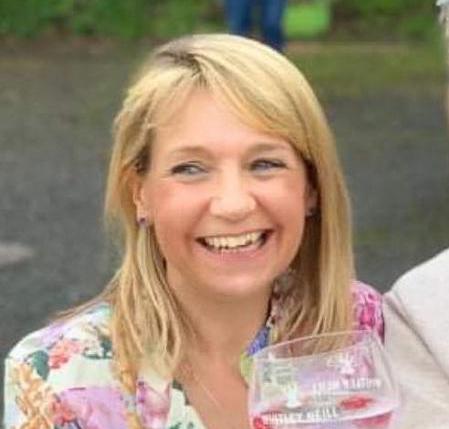
1 minute read
BUT DO YOU FEEL LONELY?
“I’ve watched many TV features highlighting how many people of all ages are lonely. I add myself to this category and spend many hours alone trying to keep busy! One feature today has inspired me to be brave and ask you how you would feel about adding a ‘Chatty Bench’ sign to one or two benches within the village? The concept is that if you’re sitting at one of these benches then you’re up for a chat! In a world where people don’t always strike up a conversation with strangers, I think it’s a fabulous idea. Maybe it could expand to a coffee shop opening especially for chatter at specific times? Anyway…your thoughts..”
Collette’s comment inspired 121 comments and 238 likes, unusual for the Broadway Facebook page. It resonated with others who felt lonely too for many different reasons, also those who were full of empathy, those approving of the bench idea and those with suggestions or information about events that could help. She also received a plethora of private messages too.
What became increasingly apparent though was that talking about loneliness was really important to people. If you look at the medical evidence this isn’t surprising. Not only does loneliness contribute to anxiety and depression, research is showing that it has a significant effect on blood pressure, heart disease, stroke, dementia and mild cognitive impairment. As humans we have an innate and profound need to connect with others.
Melody Ding based in Sydney Australia is an epidemiologist (they study the patterns, causes and effects of diseases in groups of people) and population behavioural scientist at the University of Sydney. Ding and her colleagues studied data collated from 113 countries and territories between 2000 to 2019 (https://www.bmj.com/content/376/bmj2021-067068). Their research showed that there were problematic levels of loneliness in most countries throughout the world. Basically, loneliness is on a par with other health concerns such as smoking. The trouble is loneliness is often unfairly perceived as something of a personal failing, making it difficult for people to talk about and therefore seek solutions.
In light of all of this, Collette’s gutsy comment seems particularly significant. But it doesn’t end there; a week later Collette had arranged to meet with a council employee and together they’ve begun the process of introducing a ‘Chatty Bench’ to Broadway. It’s impressive and inspiring; by taking a leap and being open Collette inspired a conversation and galvanised herself into action. It can inspire all of us to judge ourselves less and be more open. Because, in the end, by opening ourselves up we our inviting in vital and meaningful connection which can make the world a better place for all of us.

Words by Mide Carter.














